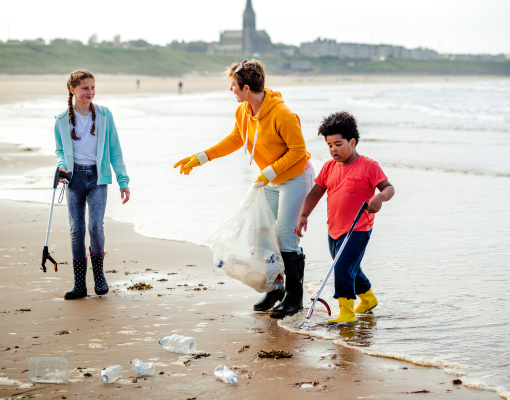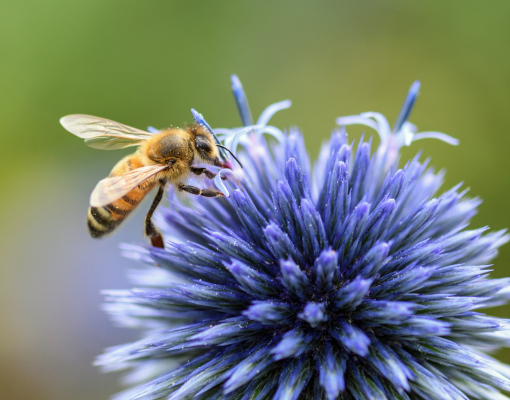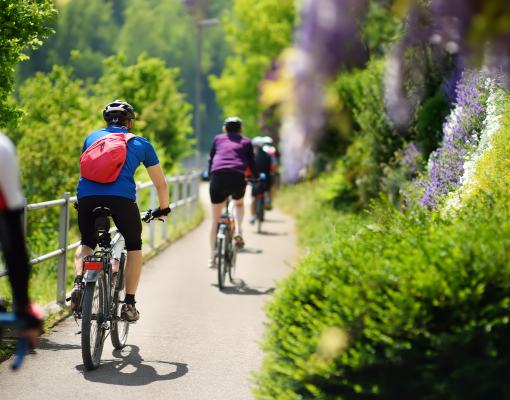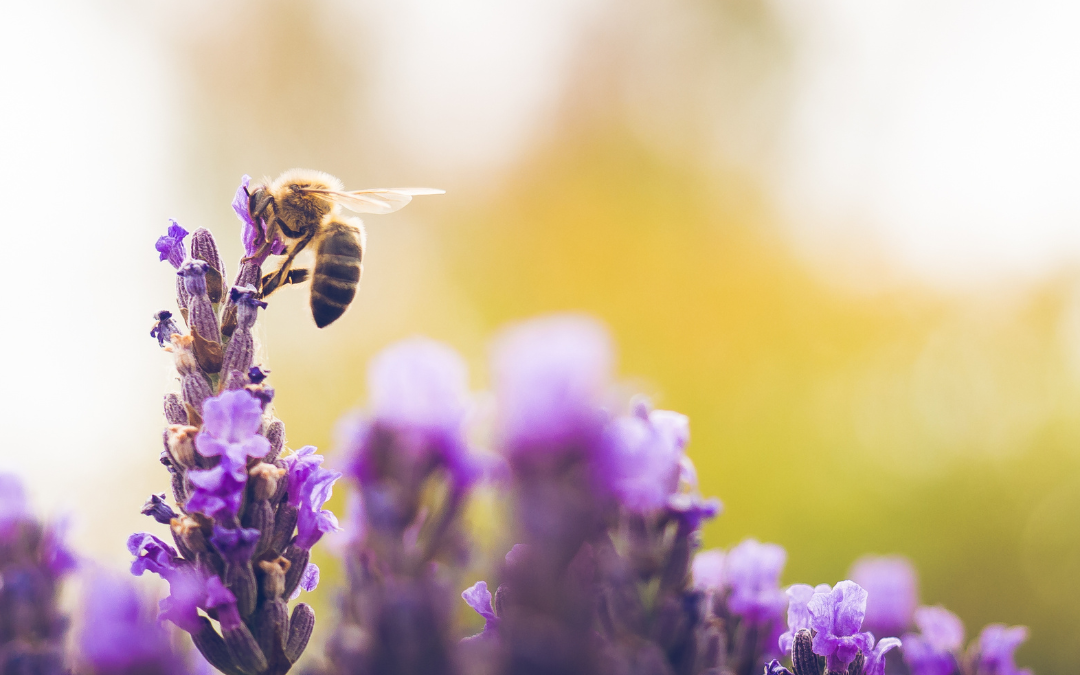Protecting nature is not only crucial for the well-being of our planet but also for future generations. By taking simple actions in our everyday lives, we can make a significant impact on preserving the environment and fostering a sustainable future. Here are four actionable steps you can take to protect nature and contribute to a healthier and more balanced ecosystem.
1. Reduce, Reuse, Recycle:
Embrace the mantra of “reduce, reuse, recycle” to minimize waste and conserve resources. Start by reducing consumption and making conscious choices to only buy what you truly need. Reusing items instead of constantly purchasing new ones helps decrease demand for resource-intensive production. Recycling materials such as paper, plastics, and metals ensures they can be processed and used to create new products, reducing the need for raw materials and limiting the strain on ecosystems. Proper waste management, including separating recyclables from general waste, is essential for effective recycling.
Did you know? Every year, around 8 million metric tons of plastic waste end up in our oceans, posing a severe threat to marine life and ecosystems.


2. Conserve Water:
Water is a precious resource, and conserving it is vital for maintaining the health of freshwater ecosystems. Practice mindful habits like turning off the tap while brushing your teeth or lathering your hands, taking shorter showers, and fixing leaks promptly. Installing water-efficient fixtures and appliances can significantly reduce water consumption. Additionally, collect rainwater for watering plants and gardens, reducing the need for treated water. By conserving water, you not only reduce strain on freshwater sources but also promote the sustainability of aquatic ecosystems and protect the diverse life forms that depend on them.
Fun fact: A leaky faucet wasting one drop per second can waste over 3,000 gallons of water per year.

3. Support Local Wildlife:
Protecting and restoring wildlife habitats is essential for maintaining biodiversity and healthy ecosystems. You can support local wildlife by creating wildlife-friendly spaces in your own backyard or community. Plant native species that provide food, shelter, and nesting sites for local wildlife. Avoid the use of harmful pesticides and herbicides, as they can have detrimental effects on beneficial insects, birds, and other animals. Consider installing bird feeders, bird baths, or bee houses to attract and support pollinators. By encouraging biodiversity in your area, you contribute to the preservation of ecosystems and the protection of vulnerable species.
Did you know? Bees, as pollinators, are responsible for one in every three bites of food we eat.

4. Engage in Sustainable Travel:
Transportation is a significant contributor to carbon emissions and environmental degradation. Opt for eco-friendly transportation options like walking, biking, or using public transit whenever possible. These choices help reduce air pollution, traffic congestion, and carbon footprint. When traveling, choose accommodations and tour operators that prioritize sustainability, respect local cultures, and protect natural landscapes. Explore nature responsibly by following designated trails, leaving no trace behind, and respecting wildlife habitats. Supporting eco-tourism initiatives promotes the conservation of natural areas and generates economic opportunities for local communities, fostering the long-term protection of natural resources.
Fun fact: By taking a train instead of a plane for a 500-mile trip, you can reduce carbon emissions by 90%.
Protecting nature is a responsibility we all share, and by implementing these four simple actions—reducing waste, conserving water, supporting local wildlife, and engaging in sustainable travel—we can collectively make a significant difference.
Every small step we take towards preserving the environment contributes to the overall health and longevity of our planet. Together, let’s be mindful stewards of nature, inspiring others to join us on the journey to create a sustainable future for generations to come.
